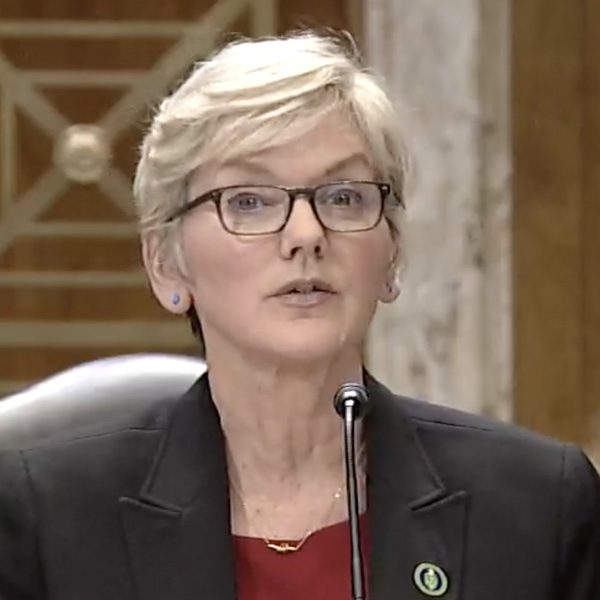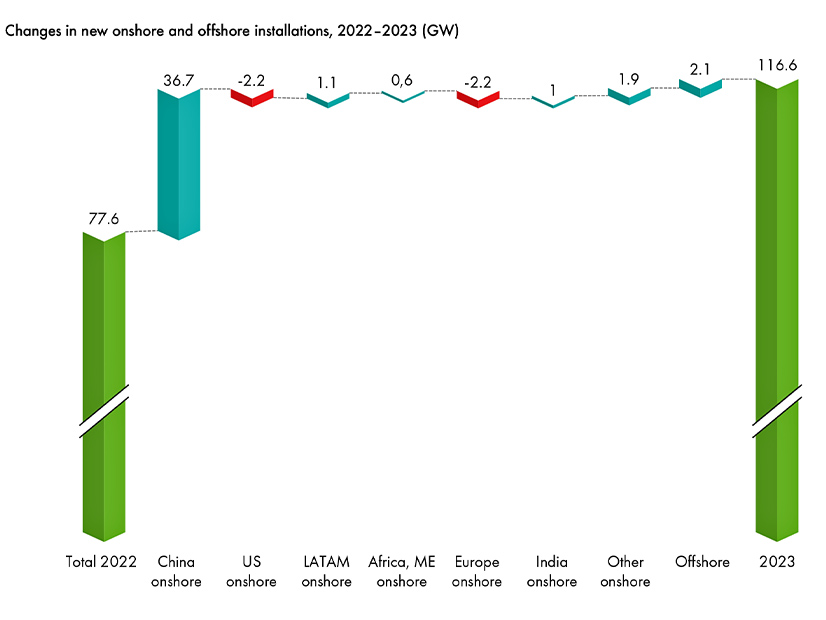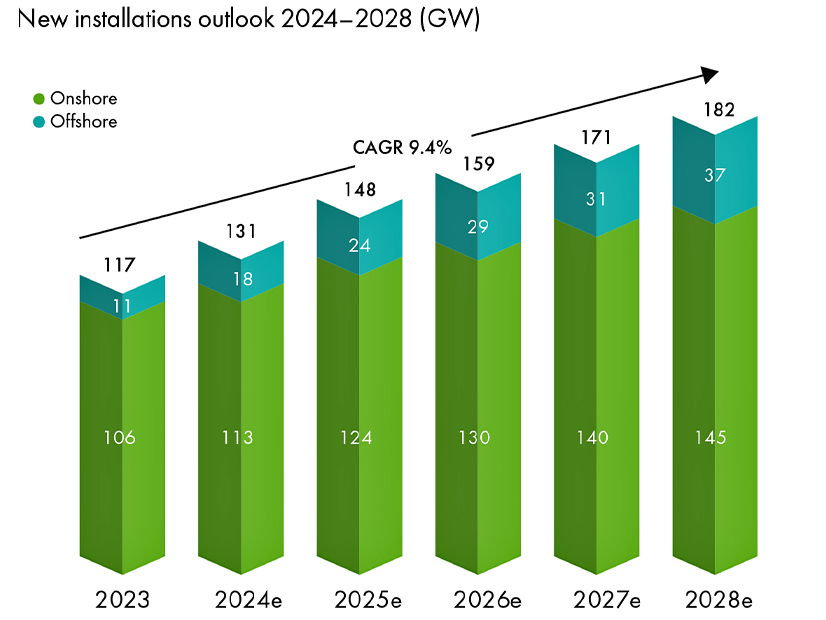Xcel Energy has revealed that a lengthy outage at its Prairie Island nuclear plant was caused by workers inadvertently drilling through a bundle of cables last fall.
The company admitted to inadequate supervision of an excavation and a failure to use ground radar to sweep the area at the nearly 1.2-GW Minnesota nuclear plant in an event report to the Nuclear Regulatory Commission last month.
Xcel chalked up the severed cables to a “human performance issue” that combined “weakness in the excavation permit approval process as well as … inadequate oversight of the non-nuclear supplemental workers.”
“Site personnel reviewing and approving the permit were not adequately intrusive to ensure that all interferences had been properly identified prior to approving the permit,” Xcel wrote, adding that its use of ground-penetrating radar prior to the drilling was patchy and wasn’t conducted over the DC cable’s location.
Xcel also blamed “procedural weaknesses and poor communication” between its departments regarding its supervision of the drilling crew.
The company eventually returned Prairie Island to service in mid-March, two months later than it initially estimated it would have the plant heated up.
According to the Star Tribune, Xcel wasn’t immediately forthcoming about the cause of the outage, originally framing it as an “equipment issue” between the grid and its turbine.
Xcel said the mishap occurred Oct. 19, 2023, when Prairie Island’s Unit 1 was operating at full capacity. Non-nuclear work crews were onsite, performing sideways, underground drilling for a project to replace one of the AC power cables between the substation and the plant when they accidentally drilled through a DC cable bundle containing control cables.
At the time, the plant’s second unit already was offline, having been powered down two weeks earlier for refueling and scheduled maintenance.
The boring into the cable caused multiple substation breakers in the switchyard to automatically open, Unit 1’s turbine to trip and led to a reactor trip with “a loss of all non-safety related buses,” Xcel said. The company said operators responded as intended and safely brought the plant into a hot standby mode.
Xcel reported that when Unit 1 tripped, a pump to maintain spent fuel cooling went offline, but another pump was able to compensate without a rise in temperature.
Xcel said it was forced to replace the damaged control cables before Unit 2 could start up again and since has made “multiple procedure changes … to address the identified gaps and prevent recurrence of this event.” It also said no radiological impacts occurred because of the trip and neither its personnel nor the public’s health and safety were affected.
In an emailed statement to RTO Insider, Xcel spokesperson Kevin Coss said Unit 1 “safely” took itself offline as the plant is designed to do.
Minn. Department of Commerce to Weigh in
Xcel is seeking to recoup from ratepayers the fuel and power purchase costs it was forced to make absent the plant’s operation.
The Minnesota Department of Commerce has opened an investigation into Xcel’s 2023 nuclear outages. In an April 15 filing in response to Xcel’s 2023 fuel clause adjustment charges, the agency said it is wrapping up its probe and will provide written comments and recommendations as to Xcel’s 2023 nuclear fuel clause adjustment charges within a month. The department otherwise recommended the Minnesota Public Utilities Commission approve the non-nuclear aspects of Xcel’s fuel cost petition (E002/AA-22-179).
The Department of Commerce has questioned why Xcel’s unforced nuclear outages were 995.9 GWh higher than forecast in 2023. Xcel attributed the spike to the cable damage that affected both Prairie Island units. However, the company has said the damaged cable bundle itself was aging and risked water damage, which eventually would have led to a Prairie Island shutdown anyway.
“This will now avoid the need for a shutdown of both units at a later date. We also used the fact that both units were offline to invest in long-term upgrades and to conduct additional maintenance activities, all of which sets the stage for the plant to operate reliably into the future,” Coss said.
Prairie Island’s continued operation factors into Xcel’s plan to comply with Minnesota’s law to achieve 100% carbon-free energy by 2040. The utility has said it will require 20-year extensions on the two units’ operating licenses to keep them operating through the early 2050s. Xcel this year asked for a certificate from the Minnesota Public Utilities Commission to store more spent fuel at Prairie Island in above-ground casks.
The Minnesota Department of Commerce is soliciting public comment on the storage expansion at Prairie Island and has scheduled two public meetings this month.
Coss noted that Prairie Island supplies more than 1 million customers in the Upper Midwest with carbon-free energy and is poised to play an important role in achieving Minnesota’s mandate.


